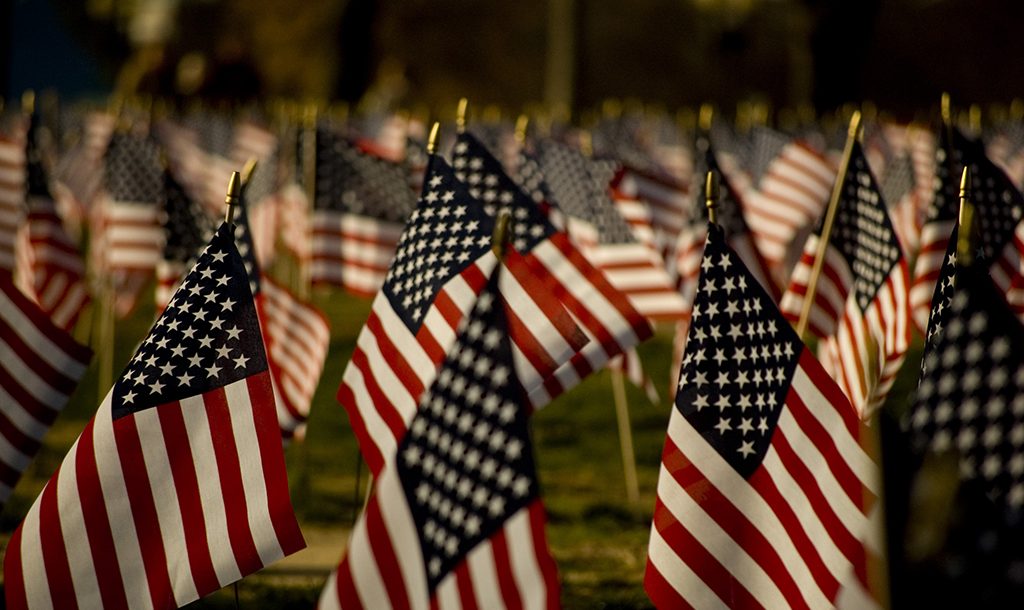Could the Trump White House brew American cronyism in the way of Asia?
Donald Trump is no dodo. He knows what he’s doing. By setting such a frenetic pace of governing since becoming POTUS45, critics are re-orienteering towards his neo-nationalist agenda. The agenda claims to shield America from its enemies, and even its old allies. But it also buffers Trump’s soft, dark underbelly.
Of his several flaws, there’s one Asians will be watching. After all, little in the region has changed since the 1997-98 Asian crisis. Back then Washington and its IMF and the World Bank lackeys had hectored and lectured Asia for its illiberalism, routine human rights abuse, and the cronyism and corruption that had nearly cannibalised its ‘miracle’ economies. So it’s satisfying to Asians now that, after years of US hypocrisy, the prospect of the shoe being on the other foot could well happen.
For starters Trump’s perverse Make America Great Again battle cry is no different to the historical mercantilist sloganeering from Japan, South Korea, China, Vietnam, Malaysia and India. And like Trump today, Asian leaders are annoyingly big on bluster, too. More grating is that the unalloyed Trump sees himself through Russian dictator Vladimir Putin’s prism.
Putin nurtures and protects the oligarchy and the mafia as his comrades and confidantes. Asia’s oligarchies still live in the sewer of state power. But the wealthy Trump is larking in a cronyistic cesspit of his own making. It’ll be no surprise if his self-interest overrides US national interest when it comes to the politics of business. This is how cronyism and corruption started in Asia. Trump’s deplorables should worry.
Like Asia’s political class, Trump is perilously capricious. Having promised to drain the Washington swamp, he’s deepening it. Despite the Justice Department dismissing a anti-nepotism ruling, Trump senior White House advisor is son-in-law Jared Kushner, husband of favoured daughter Ivanka. The DOJ should explain how Kushner’s case differs from President Jimmy Carter’s son’s case, even if Kushner isn’t taking American taxpayers salary.
But who’s so naïve?
Son of a convicted tax evader and illegal campaign donor, Trump’s people and presumably Trump himself will go to Kushner for policy ‘wisdom’. Even if Kushner is a free-marketeer and Trump an ultra economic nationalist, both represent vast capital accumulation by a few, as has Asia’s elite. Business is business, or, as in Asia, politics is business.
Trump’s conflict of interest is deeply problematic. In Asia, this issue never seems to arise, thanks mostly to its illiberal statist politics. Unlike previous presidents, Trump still dawdles on divulging his tax returns. He still eschews putting his wealth assets in a blind trust. Instead his sons Eric and Donald Jr will run his empire without — wait for it — their having to discuss business with Daddy. Trump has bragged he could effortlessly be president and businessman simultaneously. No, he can’t, and he mustn’t be allowed.
Trump chucks out all notions of decency and ethics that are etched into institutions on which Americans depend to ensure their politicians are incorruptible. None of these institutions exist in Asia. True, the statute on conflict of interest may not directly impinge on Trump, at least not yet. But Kushner and his family’s extensive property development business might, especially as these also involve Trump’s golfing and other properties across the world. Then there’s 666 Fifth Avenue, Manhattan.
A crown jewel in the Trump empire, that property is slated for redevelopment by Anbang, a Chinese investment company owned by Wu Xiaohui. Wu is linked to the Chinese Communist Party hierarchy, even as POTUS45 lays into China, despite Trump apparently backing off on his detestation of Beijing’s One-China policy. Curiously, Trump and Kushner have signed on Wu when the Obama administration, on national security reservations, had sought to limit Wu’s hand.
Even if Kushner discharges or distances himself from the Kushner business – which equals in scale to Trump’s — he won’t be free of charges of cronyism, nepotism and conflict of interest. The Kushners have acquired businesses worth some $US7 billion, mostly with loans from wealthy foreigners.
Trump should stop these foreigners from buying influence within US policymaking jurisdictions; likewise, the Trump and Kushner conglomerates and their cronies. Meanwhile, mainland Chinese state-backed enterprises are seamlessly buying commercial influence throughout Southeast Asia.
With Republicans controlling Congress and Trump’s largesse evident than at any time in US history, Americans should worry the GOPers will blink on Trump’s possible excesses. Which is why Trump feels like an untouchable, why his incoherent and undignified bluster is symptomatic of the crude nihilism that threatens to decrepitate the US system in the same way it has much of Asia’s political economy.
Asia will be watching America with a sense of loathing and — as it should — self-loathing. Time will tell if the Trump administration will end its two-facedness against other countries, especially when a Trump-divided America faces a rogue in the White House.
Manjit Bhatia is an Australian research scholar who specialises in the economics and politics of Asia and international political economy. He is also research director of AsiaRisk, an economic and political risk consultancy.
 Facebook
Facebook  Twitter
Twitter  Soundcloud
Soundcloud  Youtube
Youtube  Rss
Rss 